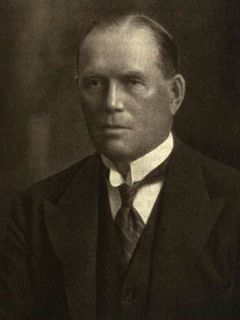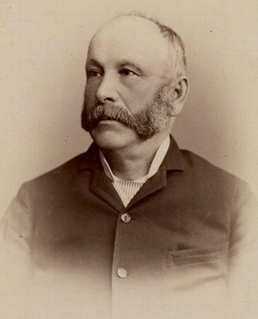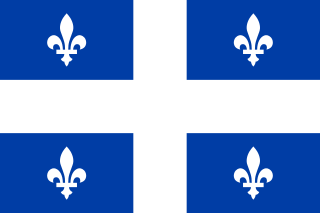
The Toronto and York Radial Railway was a transit operator providing services to the suburbs of Toronto, Ontario, Canada. It was a subsidiary of the Toronto Railway Company. The company was created by merging four Toronto-area railway operations. The company was part of the empire of railway entrepreneurs Sir William Mackenzie and Donald Mann which included the Canadian Northern Railway and the parent Toronto Railway Company.

Sir Herbert Samuel Holt was an Irish-born Canadian civil engineer who became a businessman, banker, and corporate director with a ruthless business reputation. He was President of the Royal Bank of Canada, Montreal Light, Heat & Power, and a director of some 250 companies worldwide, with assets valued at around $200 million. On his death, the Montreal Gazette described him as "the richest man in Canada", but he was also one of the most reviled. Among his peers in the Golden Square Mile, "everyone respected his business ability, but nobody liked him personally". Holt was one of the founders of the Town of Hampstead, Quebec

Arthur Boyer was a Canadian politician in the province of Quebec.

George Washington Stephens was a Canadian businessman, lawyer, and politician.

William John Watts was a businessman, lawyer and political figure in Quebec. He represented Drummond-Arthabaska in the Legislative Assembly of Quebec from 1874 to 1885 and Drummond from 1890 to 1892 and from 1897 to 1901 as a Conservative.

Joseph-Émery Robidoux, was a lawyer, judge and political figure in Quebec. He represented Châteauguay in the Legislative Assembly of Quebec from 1884 to 1892 and from 1897 to 1900 as a Liberal.
Narcisse-Édouard Cormier was a merchant and political figure in Quebec. He represented Ottawa electoral district in the Legislative Assembly of Quebec from 1886 to 1887 as a Conservative.
William C. Clendinneng was an Irish-born manufacturer and political figure in Quebec. He was the owner of the William Clendinneng & Son Company (Limited), one of Canada's most important foundries, in operation from 1868 to 1904. He represented Montréal division no. 4 in the Legislative Assembly of Quebec from 1890 to 1892 as a Conservative.
Ottawa Electric Railway Company was a streetcar public transit system in the city of Ottawa, Canada, part of the electric railway streetcars that operated between 1891 and 1959. Ottawa once had tracks through downtown on Rideau Street, Sparks Street and others, and extended outside of the downtown core to provide services that helped form communities such as Westboro, Old Ottawa South and The Glebe. Prior to this, starting in 1866, public transportation was provided by Ottawa City Passenger Railway Company, a horse-drawn tram service. The O.E.R. was taken over by the Ottawa Transportation Commission in 1948, which was itself succeeded by OC Transpo in 1973.
Thomas Brigham Prentiss was an American-born merchant and politician in Quebec. He was mayor of Aylmer from 1878 to 1879.
James Baillie was a woodworker, merchant, contractor and political figure in Quebec. He served as mayor of Aylmer from 1914 to 1916.
Robert Conroy was an Irish-born business owner and politician in Quebec. He served as mayor of Aylmer from 1858 to 1860 and from 1866 to 1868. He was considered one of the most prosperous hotel operators and lumber barons in the Ottawa Valley during the 1850s.
Charles Devlin was an Irish-born merchant and politician in Quebec. He was mayor of Aylmer from 1873 to 1878 and from 1890 to 1891.
James Henry Mulligan was an Irish-born landowner and politician in Quebec. He served as mayor of Aylmer from 1881 to 1882.
Jean Joseph Emond Woods was a physician and politician in Quebec who served as mayor of Aylmer from 1898 to 1900.
Harvey Parker, Jr. was a farmer, lumber merchant and politician in Quebec. He served as mayor of Aylmer from 1862 to 1866, the first person born in Aylmer to serve as its mayor.
William McLean (1824–1907) was a merchant and politician in Quebec. He served as mayor of Aylmer from 1868 to 1872.
Joseph-Ignace Aumond was a lumber merchant in Ontario, Canada. He was considered a prominent Canadian timber baron of his time.
Robert Middlemiss was an engineer and politician from Quebec, who served in the Robert Bourassa and Daniel Johnson Jr. governments.







